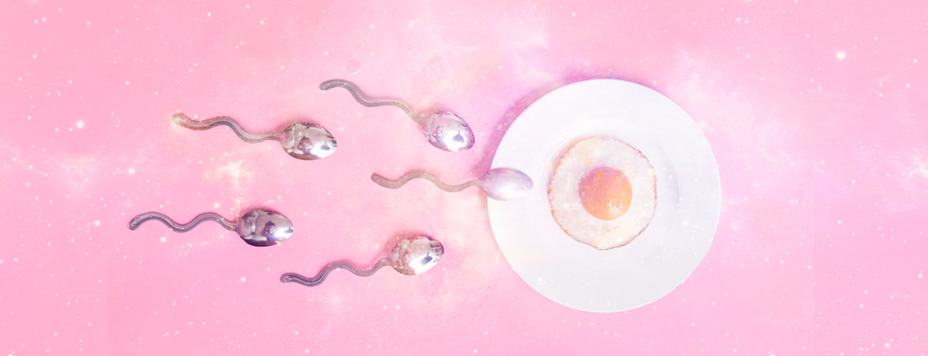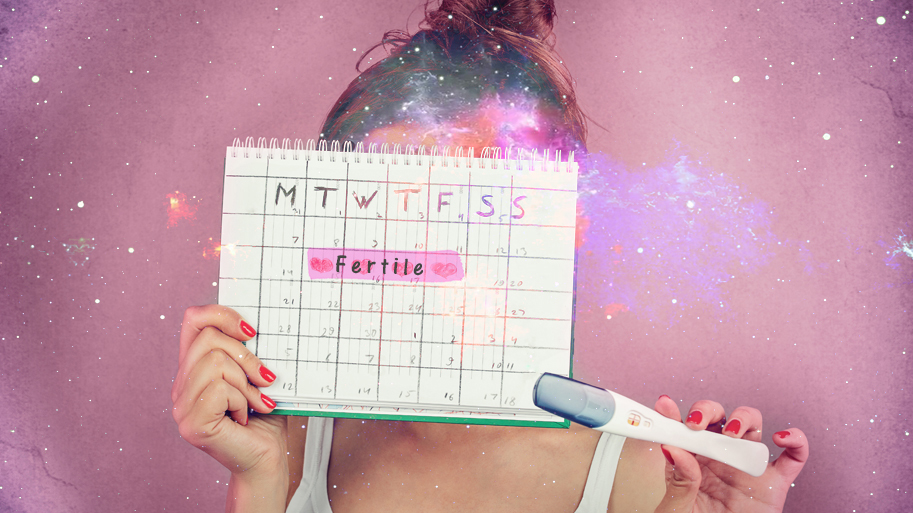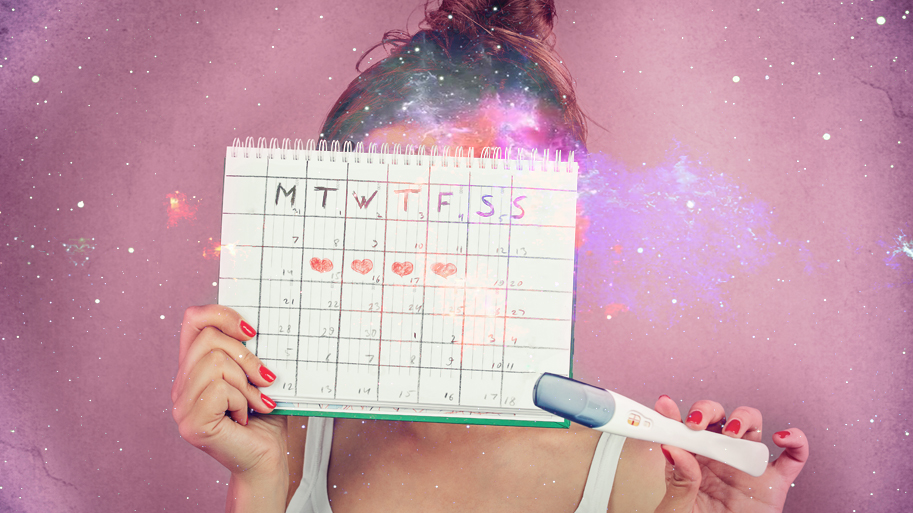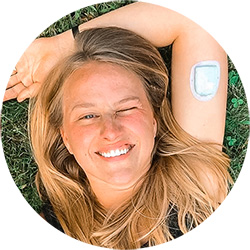In the search of health we have to question and examine everything in our daily lives. This is especially true for the things that we think are good for us or even “not bad” for us. This is tricky because we think, well it’s fine because the doctor recommended it or all my friends are doing the same thing and they all seem to be fine. But therein lies the problem. How many things have we thought were good for us only to find out later on down the road it was horrible for our health. Smoking, x ray use, bloodletting, and more recently, the standard american diet.
Today I want to put birth control under the spotlight.
What’s Wrong with Conventional Birth Control
Like many others, I started taking the pill at age 15. Just as my body was starting to get the hang of it’s cycle and all the hormones surrounding menstruation and ovulation I suppressed it with synthetic hormones. Day in and day out. I did this every day for 10 years.
Synthetic estrogen is considered carcinogenic by the World Health Organization (WHO)[1]. Yet birth control pills are one of the most heavily prescribes drugs to young women.
In addition to being carcinogenic (cancer causing), the pill is well known to do the following:
- change gut flora & vaginal flora (leading to chronic yeast infections)
- deplete micro nutrients (like magnesium, selenium, and zinc – which are all super important for autoimmune health),
- reduce the absorption of b vitamins (b12, b6, and folate) which are crucial to reproductive health
- increase oxidative stress levels in the body
- create insulin resistance (which is kind of a big one for us here)
- increase c-reactive protein (which is another indicator of inflammation in the body)
Furthermore, women who are genetically predisposed to gastrointestinal disease (like endometriosis, crohn’s, IBS, etc), are three times more likely to develop one of these conditions if she used or is using the pill[2].
Then there is the depression side of things…
A Danish study [3] discovered that adult women who were taking progesterone-only birth control were 34% more likely to develop depression, 23% likely if they were taking a combined estrogen + progesterone pill, and 80% likely if these women were of teenage years and taking a combined estrogen + progesterone pill.
Not sounding so sexy anymore.
When polled, 42% of women say they are on birth control to prevent pregnancy[4]. What’s a funny (but really not funny) is that when you take the pill your body produces an incredibly high level of SHBG (sex hormone binding globulin). SHBG is a protein that binds to your libido hormone (testosterone) and renders it inactive – completely killing your sex drive.
These high levels of SHBG also cause physical changes in genital tissue… one of which is shrinking the most sensitive part of the vulva, your clitoris.
How many of you just threw your birth control in the trash?
One last note about conventional birth control…
We’ve all heard of those birth control methods that reduce your period to 2-3x/year. But what we don’t hear about is the problem with only getting your period a few times a year.
When we have a healthy menstruation & ovulation cycle it means that throughout the month our sex hormones (estrogen, progesterone, and testosterone) are ebbing and flowing to match where we are in our cycle.
Estrogen protecting our heart health.
Progesterone making us feel great.
Testosterone increasing our sex drive.
Your body naturally adjusts these hormone levels to accommodate external factors too like your nutrient intake, whether or not you have a cold, etc. When you alter that cycle and suppress it with synthetic hormones you are going to have major imbalances that lead to anything from worsening PMS & PMDD (which is ironically what some women go on the pill for) to amenorrhea and premature ovarian failure.
Why pharmaceutical companies feel the need to banish our periods is beyond me. As women, we have to kill this negative stigma surrounding our periods. Having a monthly period is a sign of good health, healthy ovulation, and balanced hormones which benefit our body is so many ways.

Natural Family Planning (NFP)
FOR PREVENTION & CONCEPTION
So you might be wondering how to prevent pregnancy without being on the pill or a form of conventional birth control.
The answer for me was Natural Family Planning (NFP).
NFP, Fertility Awareness, and Sympto Thermal Method are all different names for the same thing. It’s being aware of when you’re ovulating. You do this by reading signs from your body such as a rise basal temperature, a change in cervical mucus, and the position of your cervix.

During ovulation or your fertile window you can either avoid vaginal sex, practice withdrawal (aka pulling out), or any form of “barrier” birth control like condoms.
It might seem like a little more work than just popping a pill every morning (or getting a shot once a year), but the trade off is so worth it! Especially for women who are in search of a natural option or those suffering from the side effects of synthetic hormones.
It’s also incredibly empowering to know how your body works and being in-tune with your feminine cycle. If something is not right you’ll be able to pick it up right away (as opposed to waiting for your annual doctors visit) because you’re paying attention. And if you do catch something you’ll be able to have a much better conversation with your doctor because you understand your own body and fertility.
NFP Made Easy
There is so much tech supporting this method of birth control. Some of the more popular ones being Kindara, Daysy, and OvaQue. I personally have been using the Natural Cycles app (a yearly subscription) and love it!
A lot of these companies say that they are 93-99% accurate, which is as accurate as the pill.
If you’re a newbie to natural family planning then I HIGHLY recommend getting this book.
Getting Off The Pill
Getting off your birth control isn’t always easy in terms of symptoms. Some women are completely fine, but if you’re like me – then it could be a bit of a rough patch. I had horrible cystic acne for a solid 6 months, then all of a sudden, one day, it was gone. My hormones had balanced out.
These “withdrawal” symptoms can last anywhere from 1-12 months after getting off the pill. You can experience anything from amenorrhea (no period – which means you’re body likely isn’t ovulating – which is a big deal if you’re getting off the pill and “planning” on conceiving in a couple months) to irregular cycles, irregular flow, acne, and even premature ovarian failure.
Final Thoughts…
We’re sold into this idea that the body doesn’t know what it’s doing or that pharmaceuticals can do it it better. We’re told to take the short cut- take this pill and you’ll be fine.
But we’re not fine.
Fertility in women is at an all time historic low. Never have women struggled so much to get pregnant than in the past decade. I’m not suggesting that birth control is 100% to blame here, because I think there are MANY factors playing a role, but I do believe that birth control is one of the many players.
And maybe you don’t want to get pregnant this year or even next year, but if there is some desire to become pregnant in your lifetime then I would highly recommended reevaluating your birth control situation and taking a closer look at natural family planning.
NFP is a natural way to be intentional about pregnancy, whether you want to prevent or encourage it. There are so many benefits to allowing your body to function the way it has evolved to function.
If you’re on synthetic hormones for a reason other than pregnancy prevention (like acne, hair loss, PMS, PMDD, irregular cycles, etc) then it’s most likely due to some kind of hormone imbalance in your body. Take a deeper look at your food, lifestyle, stress, and mental health. Your body will thank you!
What Do You Do For Birth Control?
Or have you ever tried natural family planning? Let me know in the comments!




I was on the pill since i got my period at 13. I had “horrible” cramping, which looking back was probably not really horrible and actually just my first and only experience with that kind of cramping. When I got off the pill to have a baby I didn’t get my period for 5 years because my hormones were so messed up. I so badly wish I could jump in a time machine and go back to that moment I decided to go on birth control and NOT take it.
This article came at the perfect time! I have been on Apri for about 5 years now to prevent pregnancy, but was talking to my OB about getting off of it and trying NFP. A bunch of my friends use NFP and are obsessed. this post just reaffirmed why i need to get off the pill. Thank you!!!